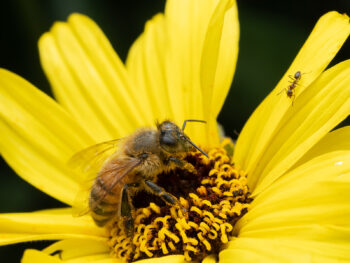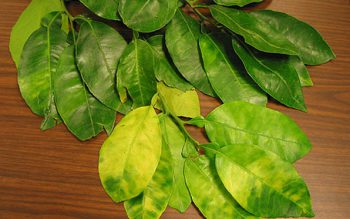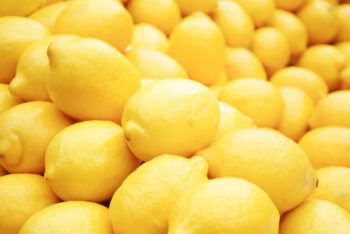Agriculture desperately needs them and scientists are buzzing over their mysterious disappearance, so San Diego County Supervisors voted Wednesday to look for ways to lend bees a regulatory hand.
Supervisors voted 4-0 to direct their staff to work with local beekeepers and anyone else who was interested and come back in 120 days with ideas that would improve the County’s “outdated” beekeeping ordinance and protect and promote beekeeping in the unincorporated county.
Board Chairman Greg Cox was unable to attend Wednesday’s Board meeting because he was at a California Coastal Commission meeting.
Supervisor and Board Vice Chairwoman Dianne Jacob introduced the beekeeping item Wednesday, saying bees play an important role in the county’s $5.1 billion-a-year agricultural industry.
Jacob said the San Diego Beekeeping Society recently told her they felt the County’s existing beekeeping ordinance was too strict and was making it tough for beekeepers to prosper.
Bees not only produce honey, they are an essential part of plant reproduction, carrying pollen from plant to plant. Commercial beekeeping operations pollinate almond, avocado, broccoli, onion, fruit and seed crops across San Diego County.
“Bees are responsible for a third of the food that we eat,” Jacob said. “Unfortunately, the bee population has been in sharp decline since the 1990s.”
Biologists and beekeepers worldwide began reporting in 2006 that honey bee populations were disappearing at an alarming rate, and have since blamed parasitic mites and pesticides as potential reasons.
Supervisor Bill Horn, who also grows avocados and citrus on his Valley Center ranch, said increasing the health and number of bee hives could be especially important in North County where fruit is grown.
“No pollination, no fruit,” Horn said, “so that’s an important issue.”





